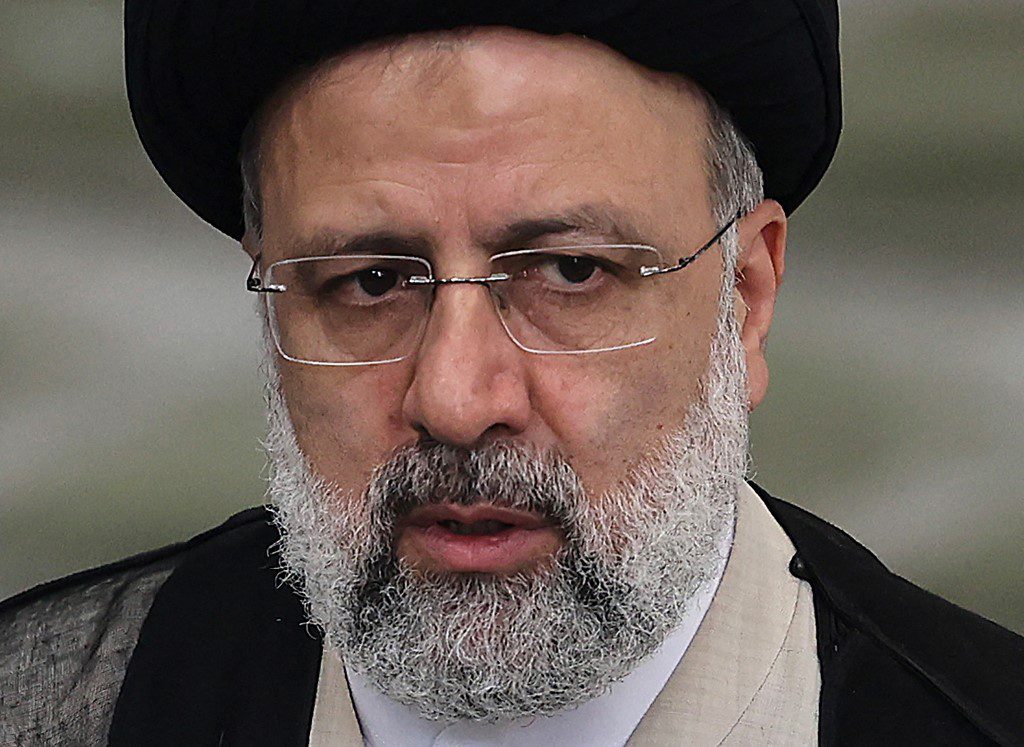
Florence Massena
Enthroned as new President for a four years mandate on August 3, 2021, Ebrahim Raisi is the new conservative representative of Iran after the moderate Hassan Rohani’s two mandates. Confronted to a dire social, financial and health situation in the country, he will have to tackle serious challenges while winning over a population in need of political change.
At 60 years old, Ebrahim Raisi has been elected with 62.9% of the votes while the abstention was very high (around 61%) and there was a record turnout of protest blank, invalid and lost bulletins (around 13%). It was his second time running for president, this time with a little margin of failure as all seemed to converge to have him elected, especially after the disqualification of prominent candidates such as former president Mahmoud Ahmadinejad.
The international organization Human Rights Watch said, after the presidential election, that it was “neither free nor fair raises serious concerns about human rights and accountability in the country”.
The report highlighted the career of Raisi, who has served multiple positions in the Iranian judicial system, from starting as prosecutor general of a suburb of Tehran at the age of 20 to becoming a judge, and then heading to higher positions such as deputy chief justice, prosecutor and deputy prosecutor of Tehran, first chief justice of Iran, and his latest position was chief justice of Iran.
It is during his time as deputy prosecutor in Tehran’s Revolutionary Court that Raisi was allegedly involved with the extrajudicial executions of at least 5.000 regime opponents in 1988, according to Amnesty International.
HRW’s deputy Middle East director Michael Page said that: “Iranian authorities paved the way for Ebrahim Raeesi to become president through repression and an unfair election. During his judicial career, Raeesi oversaw some of the most heinous crimes in Iran’s recent history, which deserve investigation and accountability rather than election to high office.”
His legitimacy for the population is therefore in question, especially at a time where the country needs reform and reassurance in the future. “Raisi’s election completes a conservative takeover of all of the Islamic Republic’s centres of elected and unelected power”, Naysan Rafati, Iran specialist at the International Crisis Group organization, told Fanack. “And he takes office at a time of serious challenges, both domestically and in terms of foreign relations: a sputtering economy, protests over basic services, the Covid-19 pandemic, and with the fate of the 2015 nuclear deal hanging in the balance. But he hasn’t really offered much in terms of concrete policies on how to address these issues, having a spent nearly all of his career in the judiciary, where he’s associated with some rather dark chapters in terms of human rights.”
Protests in Iran have been ongoing since 2016, first about low wages, unemployment and the price of life and now about the way the government handled the pandemic crisis, while corruption and access to water are an ongoing point of anger to request for change. The Iranian authorities have each time responded violently, notably during the November 2019 uprising that saw around 1,500 protesters killed.
Raisi comes from a conservative religious family in Mashaad, which is the one of the most important pilgrimage sites for Shiite Muslims, holding a shrine taken care of by a foundation that Raisi headed between 2016 and 2019. Himself holds the title of hojatoleslam or “authority in Islam, the second title after ayatollah or “sign of God”. He is then well connected to Iran’s religious leaders and is even “considered as a trusted person of the Supreme Leader, even a potential successor”, according to an interview given by Iran expert Jonathan Piron to French online media Mediapart.
The eyes of the world are also on him on the international scene, as the United States is hoping to get back on the nuclear negotiations, which have been on hold since June 2021. Since the conservatives are less likely to focus on diplomatic relations with the Western countries, especially the United States, it is hard to foresee what Iran’s next move will be, despite its economy and population well-being in the balance.
“It is going to be an important indicator of how Raisi, and the wider Iranian system, move forward”, explained Rafati. “Do they try to break the impasse by negotiating an agreement that reverses their nuclear advances and provides sanctions relief to boost an ailing economy? Or do they gamble that greater brinkmanship might get them better terms, even if it runs the risk of greater tensions with the US and Europe, as well as in the region? For now it’s not entirely clear, but the latter would be a recipe for increasingly-fraught relations with the rest of the world.”


